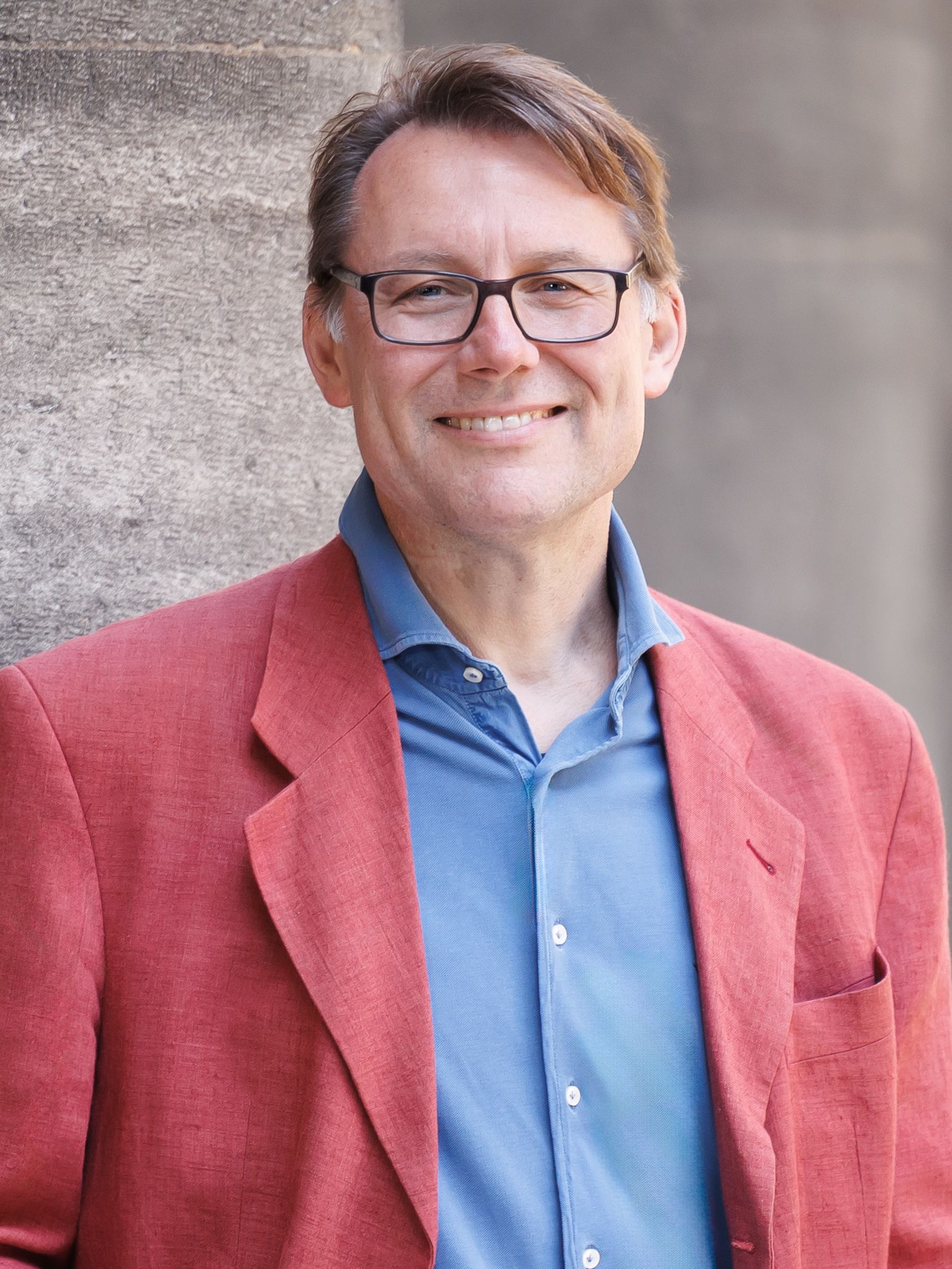Univ.-Prof. DDr.
Kurt Appel
Sprecher des Forschungszentrums "Religion and Transformation in Contemporary Society" (Universität Wien)
Aktuelles
2025
Aktuelles Semesterprogramm Masterand*innen- und Dissertant*innenseminar (WiSe 2025/26)

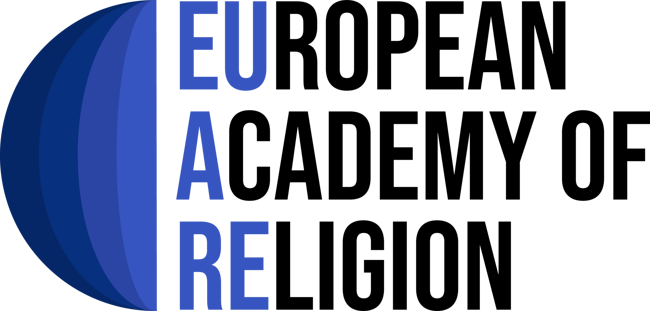
European Academy of Religion (EuARe) 8.-12.07.2025
[A full conference recap can be found here]
After lengthy preparations, the annual conference of the European Academy of Religion (EuARe), organised by the Research Centre RaT, took place in the main building of the University of Vienna from 8 to 12 July 2025.
The organising team is particularly proud that the Rector of the University of Vienna, Prof. Sebastian Schütze, opened the conference with his introductory remarks on the evening of 8 July, thus emphasising the significance of the event for the university.
After the opening evening, the nearly 1,200 participants, who had travelled to Vienna from over 60 countries, spent four days exchanging ideas on the current state of research in their respective disciplines in over 200 panels.
As every year, the conference was preceded by a general theme: Religion and Socio-Cultural Transformation: European Perspectives and Beyond. The choice of this theme was intended to remind participants that religion plays a decisive role in the processes of change currently facing societies at the global level (digitalisation, climate crisis, migration, individualisation, etc.). The numerous questions associated with this topic were addressed through different perspectives in the opening speeches and the six keynote lectures of the conference.
The research findings and theses presented at the conference will also be published: First, the keynote lectures will be published in the EuARe publication series (open access), and then in 2026, the RaT Research Centre will publish a volume of the JRAT Supplementa Series containing the keynotes and another twenty selected contributions from the conference (also open access).
An event of this magnitude would not have been possible without the support of many institutions both within and outside the university. The organizing team wishes to express its gratitude to each and every one of them:
First and foremost, we would like to thank the team of the European Academy of Religion for the excellent cooperation over many months. Within our university, we are grateful for the generous support by the Faculty of Protestant Theology, the Faculty of Catholic Theology and the Faculty of Philosophy and Education, the staff and the members of the research centre RaT, and the students of the student organizing committee, without whose work the conference would not have been possible.
Outside of our university, we want to thank the Office of the Mayor of the City of Vienna and the Vienna Meeting Fund, Melk Abbey and the religious institutions in Austria, which enabled us to finance a scholarship programme for young researchers, namely the Archdiocese of Vienna, the dioceses of Innsbruck, Gurk-Klagenfurt and Graz-Seckau, Admont Abbey and Göttweig Abbey, the Protestant Church A.B. in Austria and the Islamic Community in Austria (IGGÖ).
The EuARe 2025 organising team,
Noemi Call, Marco Fiorletta, Rudolf Kaisler, Marleen Thaler and Marian Weingartshofer
Die Theologie als Wissenschaft der Freude
Kurt Appel
in: Markus Weisser / Knut Wenzel (Hrsg.), Die sakramentale Präsenz des Anderen. Ein Gespür für die Spuren Gottes in unserer Zeit
Pustet Verlag: Regensburg 2025, 327-336
Der Artikel beleuchtet die zentrale Rolle der Freude in und für die Theologie, insbesondere im Kontext des Pontifikats von Papst Franziskus. Es wird gezeigt, dass die Freude als Leitmotiv des Evangeliums und der christlichen Existenz verstanden werden muss, wobei sie untrennbar mit den Motiven der Barmherzigkeit im Sinne des (Mit-)Tragens von Schuld, der Verletzbarkeit und der Fähigkeit zum Scheitern verknüpft ist. Der Text analysiert die biblische Botschaft der Freude, insbesondere anhand der Perikope Joh 7,53–8,11, und zeigt, wie die Theologie nach dem Verlust ihres ethischen und noetischen Primats die Freude als Widerstand gegen den Sinnverlust und die Ängste unserer Zeit zur Sprache bringen kann. Der Artikel plädiert für eine weisheitliche Theologie, die sich interdisziplinär öffnet, zum Selbstverständnis der Gesellschaft beiträgt, vorherrschende Ängste adressiert und die Verletzbarkeit des Menschen wahrnimmt. In Zeiten atemberaubender gesellschaftlicher Transformation sowie des Verlustes tradierter Werte und Erzählungen kann die Theologie durch die Rückbesinnung auf ihre sapientiale Dimension eine bedeutende Stimme der Freude und der Weisheit in der Welt sein. Dafür bedarf es jedoch substanzieller Veränderungen, insbesondere struktureller Reformen in der theologischen Ausbildung, einer stärkeren Präsenz von Frauen und einer größeren Freiheit der theologischen Lehre.
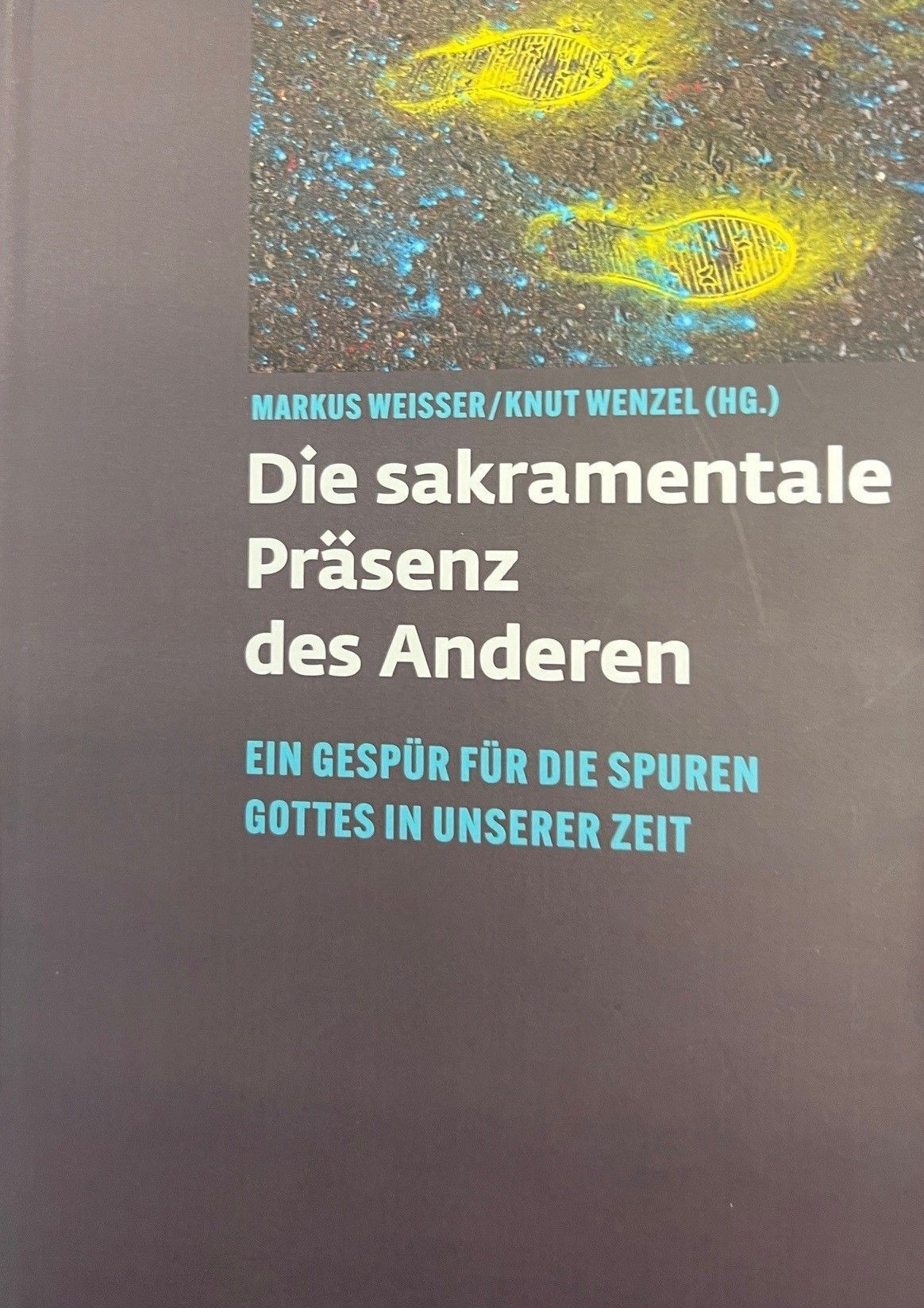
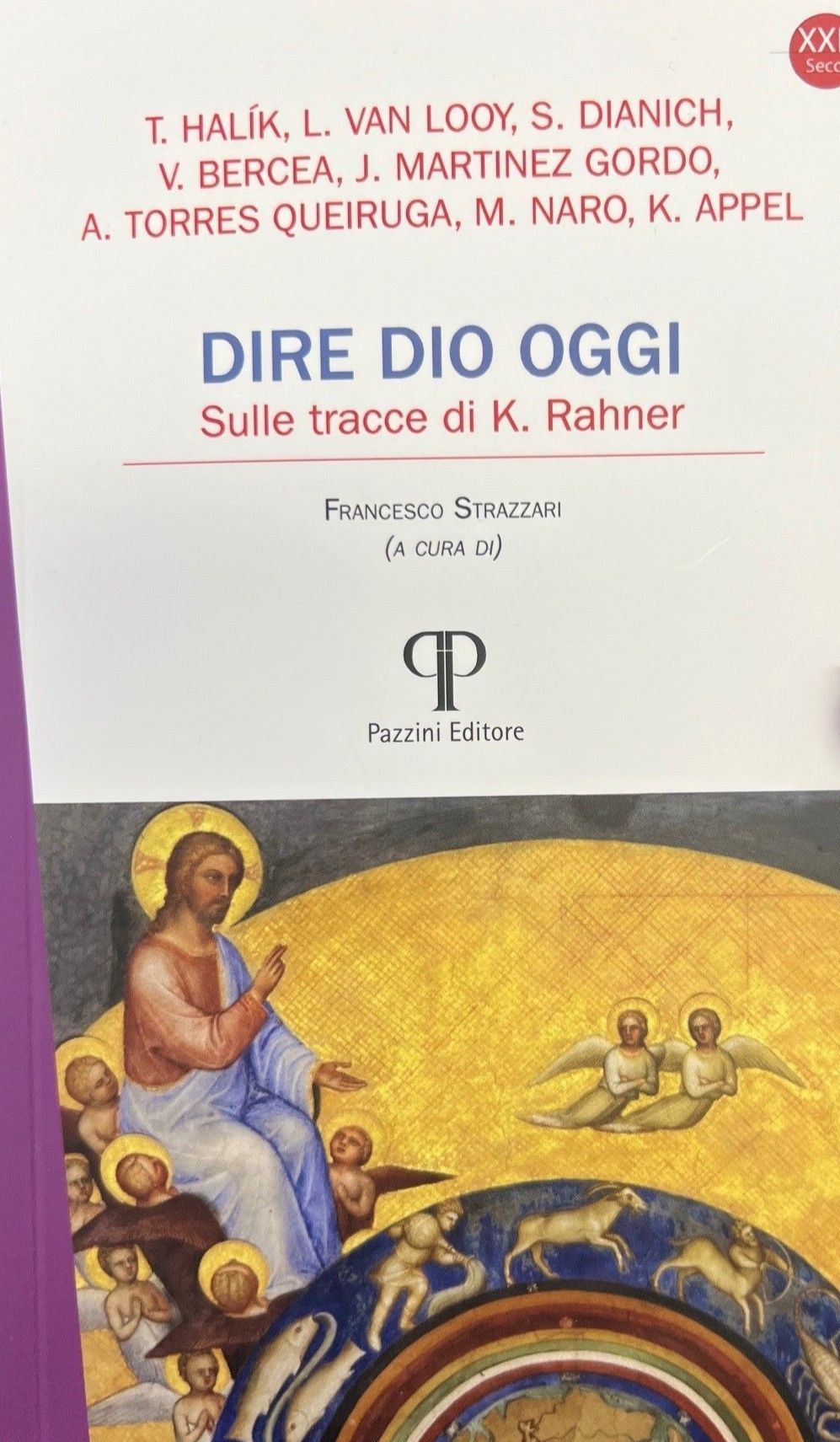
Dire il senza nome
Karl Rahner e Georg Wilhelm Friedrich Hegel
Kurt Appel
in: T. Halík / L. Van Looy / S. Dianich / V. Bercea / J. Martinez Gordo / A. Torres Queiruga / M. Naro / K. Appel, Dire dio oggi. Sulle tracce di K. Rahner
(A cura di) Francesco Strazzari
XXI Secolo, Pazzini Editore: Villa Verucchio 2025, 139-148

NEUESTE AUSGABE
TGF-News (SoSe 2025)
Die Theologische Grundlagenforschung der Universität Wien möchte allen Interessierten die Neuigkeiten des Fachbereichs, aber auch des Forschungszentrums "Religion and Transformation in Contemporary Society" (RaT), mit dem der Fachbereich eng zusammenarbeitet, vorstellen.
"Ascolta, Israele! YHWH è uno solo".
Il sacrificio divino di Gesù, la confessione del Dio della vita e la resistenza contro il potere della morte
Kurt Appel
in: Piero Coda / Stefano Fenaroli (Hrsg.), Ripartire da Nicea. Per leggere la fede dentro nuovi orizzonti
Biblioteca di teologia contemporanea 225 / Queriniana: Brescia, 133-145

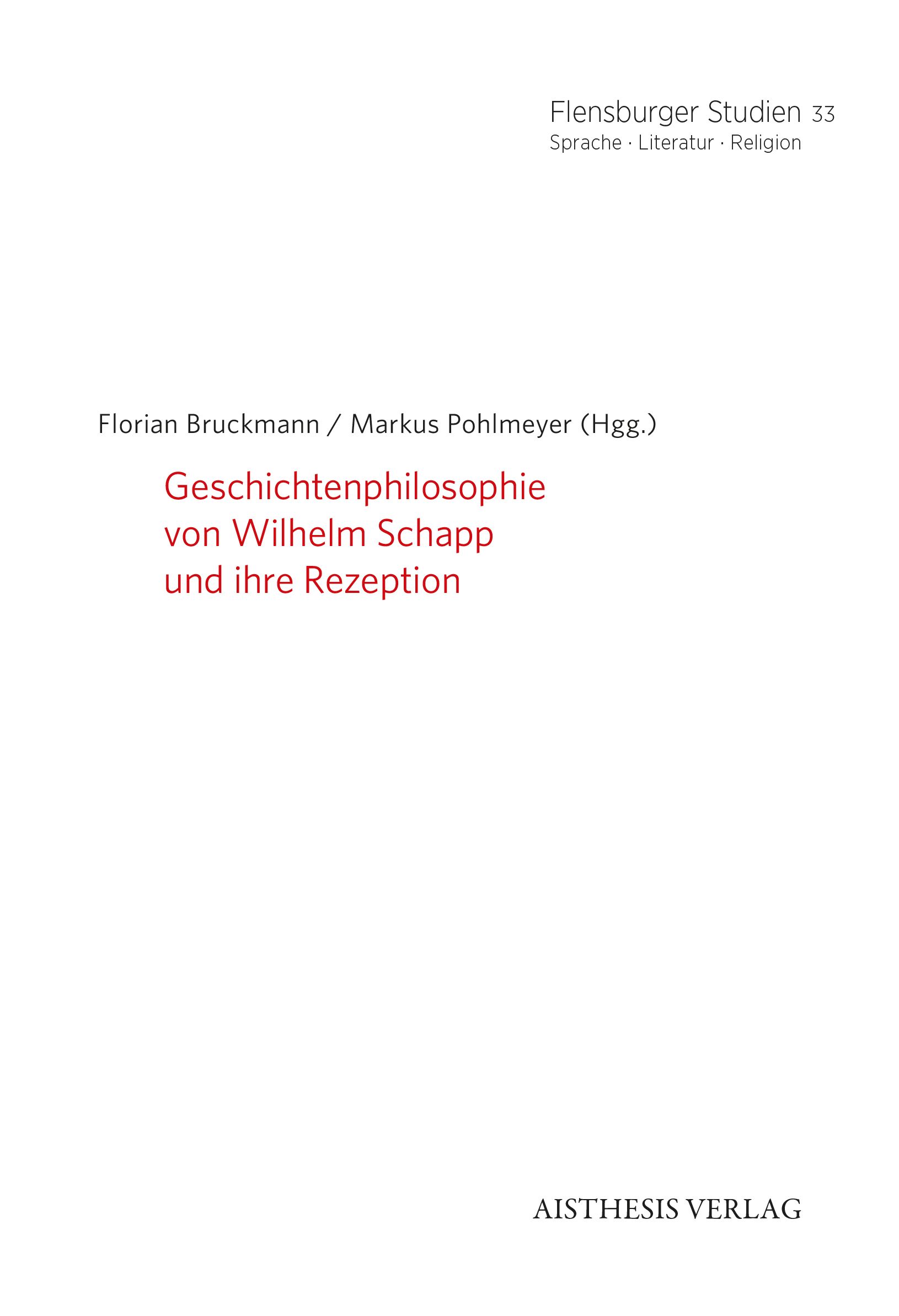
Eine Welt ohne Ausgänge. Orwells 1984 und das Ende der Erzählungen
Kurt Appel
in: Florian Bruckmann / Markus Pohlmeier (Hrsg.), Geschichtenphilosophie von Wilhelm Schapp und ihre Rezeption, Flensburger Studien 33. Sprache Literatur Religion
Aisthesis Verlag: Bielefeld 2025, 127-146
Adaptierte Version von
Kurt Appel, "Annullare le coscienze. Menzogna, manipolazione, oppressione. Riflessioni da G. Orwell", in: La coscienza e il potere. Forme e figure della politica (Chiesa in Italia - Edizione 2023). Annale de il Regno, 67-78
